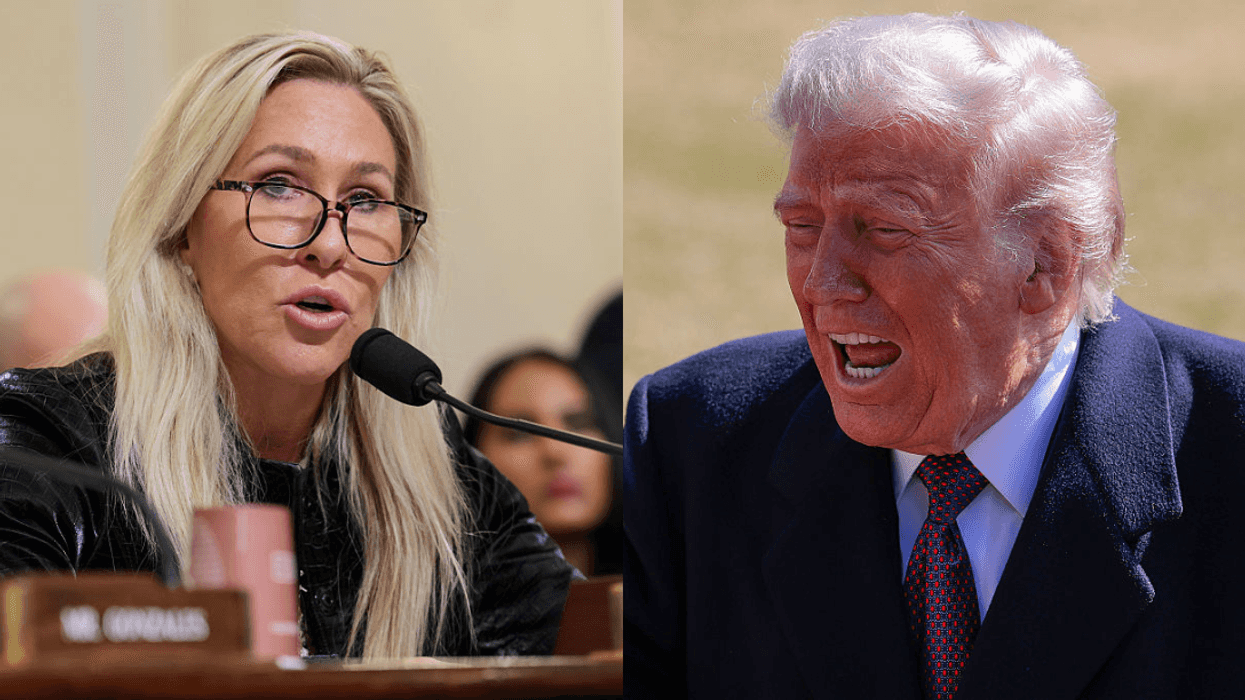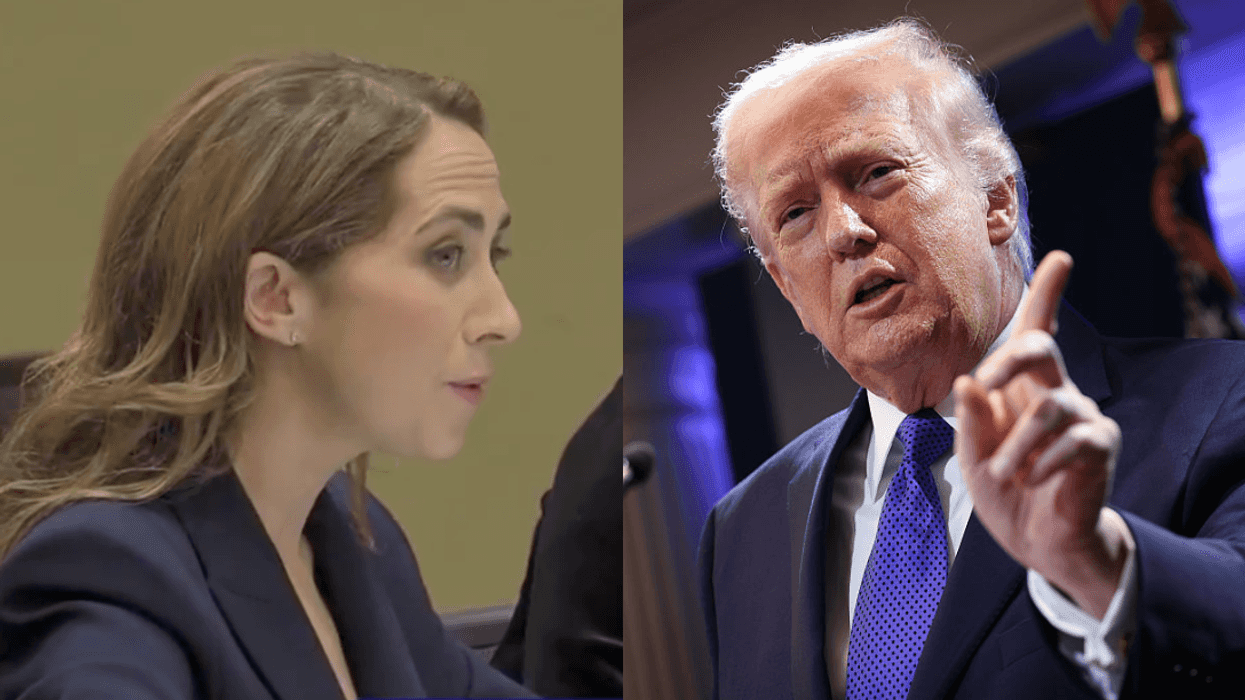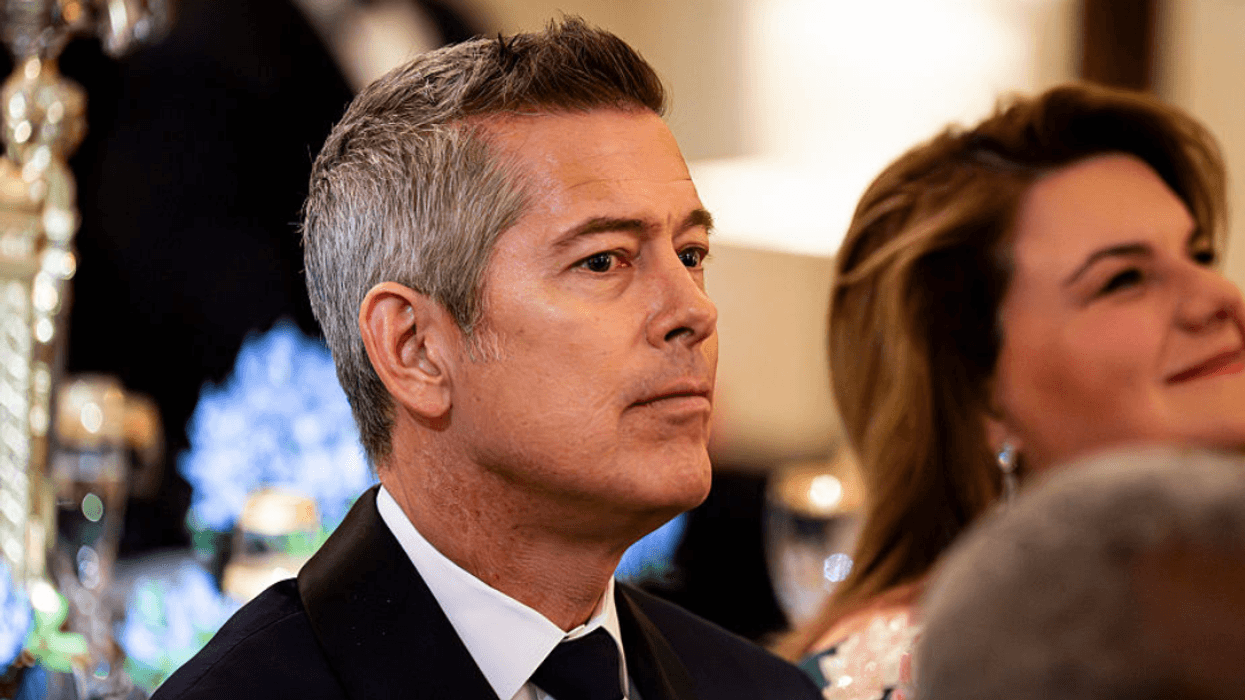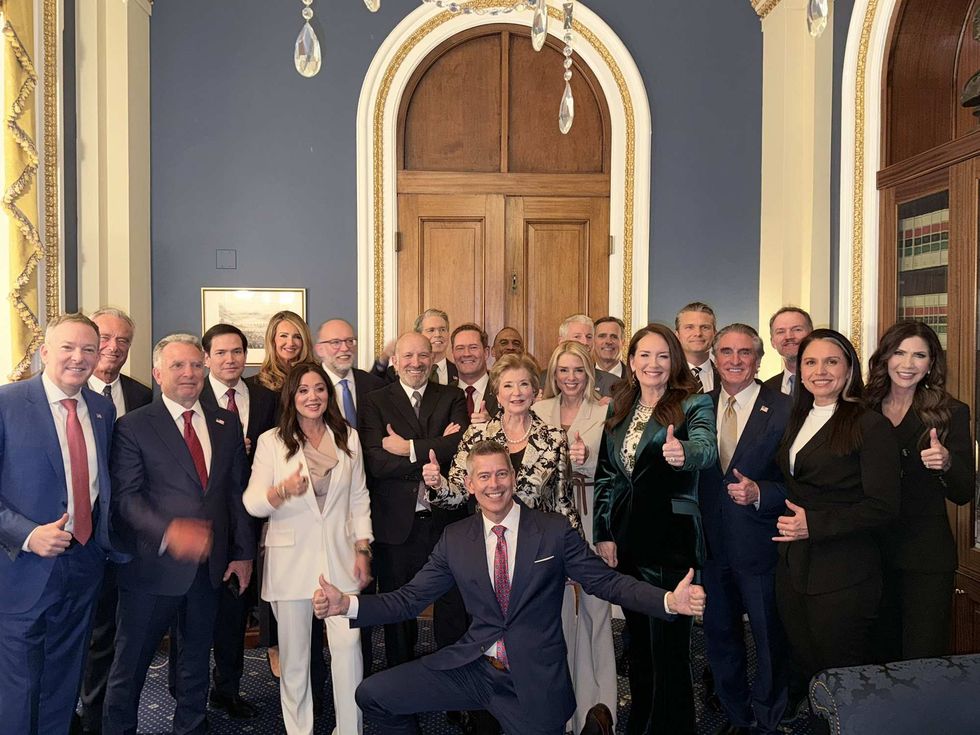CNN anchor Abby Phillip swiftly shut down Louisiana Republican Representative Lauren Ventrella after she tried to defend a law she co-authored requiring Louisiana public schools to display the Ten Commandments in all classrooms.
House Bill 71, passed by state lawmakers last month, requires a poster-size display of the Ten Commandments with "large, easily readable font" in every classroom at schools receiving state funding, from kindergarten through university level.
The legislation specifies the exact language to be printed on the classroom displays and mandates that the text of the Ten Commandments be the central focus of the poster or framed document.
The law mandates that a context statement accompany the commandments, presenting the text as "a prominent part of American public education" from the late 17th century through the late 20th century. Schools are required to use donated posters or funds rather than public money to acquire the displays.
Ventrella claimed the law is just because the phrase "In God We Trust" is featured on paper money:
"If you look at the document with the Ten Commandments—and look, 'In God We Trust' is on the dollar bill. If I had one right now I'd show you."
'In God We Trust': There are certain things that resonate with this state."
But Phillip was quick to correct the indignant Ventrella by pointing out that the phrase was only featured on dollar bills starting in the 1950s:
"'In God We Trust' was put on the dollar bill in the '50s. The 1950s, not the 1850s or the 1750s. The 1950s."
"It's not an original document of the United States government. That's not a great argument."
Ventrella paused for a second as if caught off guard before replying:
"Well, it's still on our dollar bill no matter how you want to look at it. It's still there every day."
You can watch their exchange in the video below.
Phillip is correct.
The use of the phrase "In God We Trust" was promoted with the onset of the Civil War in 1861. A prominent Pennsylvania clergyman advocated for the inscription of “In God We Trust” on coins at the war’s beginning to support the North’s cause, suggesting that such language would “place us openly under the divine protection.”
In 1864, as the Civil War continued, a group backed by major Protestant denominations in the North pushed to amend the preamble of the Constitution. Their proposed language, foreshadowing former President Donald Trump’s remarks on the origins of Americans’ rights, aimed to declare that Americans recognized “Almighty God as the source of all authority and power in civil government.”
These efforts did not endure and it wasn't until the 1950s that the country saw a revival of religious language in government and politics. During this decade, “In God We Trust” gained widespread use.
In 1955, President Dwight D. Eisenhower signed a bill mandating the phrase on all American currency. Congressman Charles Bennett, a sponsor of the legislation, echoed the sentiments of the Civil War-era "Sovereignty of God" amendment, stating that the U.S. “was founded in a spiritual atmosphere and with a firm trust in God.”
The following year, “In God We Trust” was officially adopted as the first national motto of the United States.
Ventrella was wrong—very wrong—and people were quick to criticize her arrogance.
Jeff Landry, Louisiana's Republican Governor, signed the bill requiring the display of the Ten Commandments in every public classroom on Wednesday, prompting civil liberties groups to quickly pledge to challenge the new law.
The bill received a ringing endorsement from Trump himself, who declared, "I LOVE THE TEN COMMANDMENTS IN PUBLIC SCHOOLS, PRIVATE SCHOOLS, AND MANY OTHER PLACES, FOR THAT MATTER" in a post on Truth Social.
He added:
“READ IT — HOW CAN WE, AS A NATION, GO WRONG??? THIS MAY BE, IN FACT, THE FIRST MAJOR STEP IN THE REVIVAL OF RELIGION, WHICH IS DESPERATELY NEEDED, IN OUR COUNTRY. BRING BACK TTC!!!”
Political prognosticators have suggested the controversy surrounding the law might benefit Landry, who could become a national figure and seek higher office. His actions have solidly positioned Louisiana within the conservative movement on nearly every issue that energizes the Republican base in this year's election.
Landry recently enacted a law that designates abortion pills as dangerous controlled substances. He has also expressed support for a bill currently awaiting his approval, which proposes an immigration crackdown allowing law enforcement to arrest and detain migrants who enter the U.S. illegally.
Additionally, lawmakers are anticipating his decision on a highly contentious bill that would permit judges to order the surgical castration of rapists who target children, the first of its kind in the country.















 @SecDuffy/X
@SecDuffy/X

 @WhiteHouse/TikTok
@WhiteHouse/TikTok @WhiteHouse/TikTok
@WhiteHouse/TikTok @WhiteHouse/TikTok
@WhiteHouse/TikTok @kevdsmith/X
@kevdsmith/X